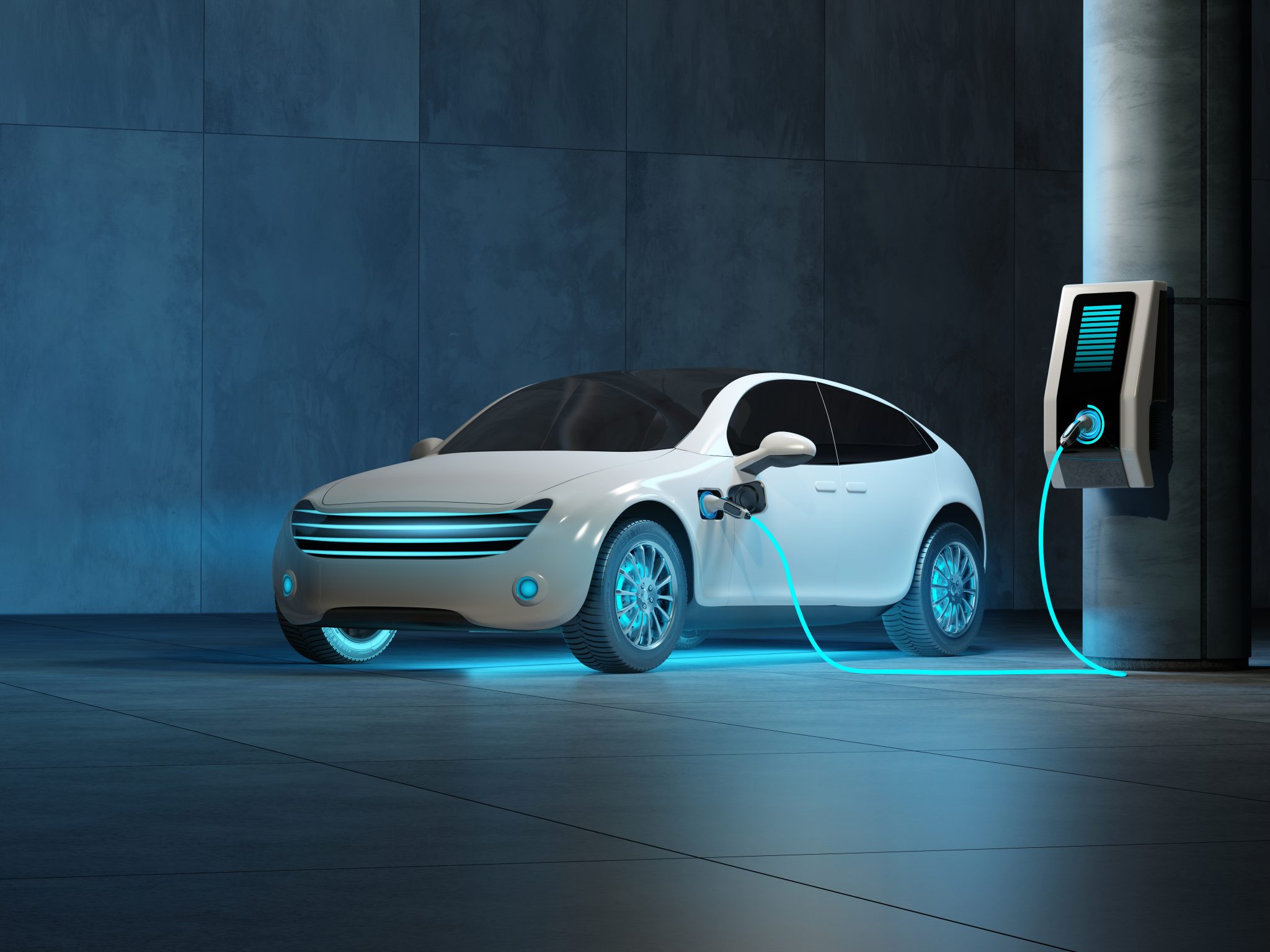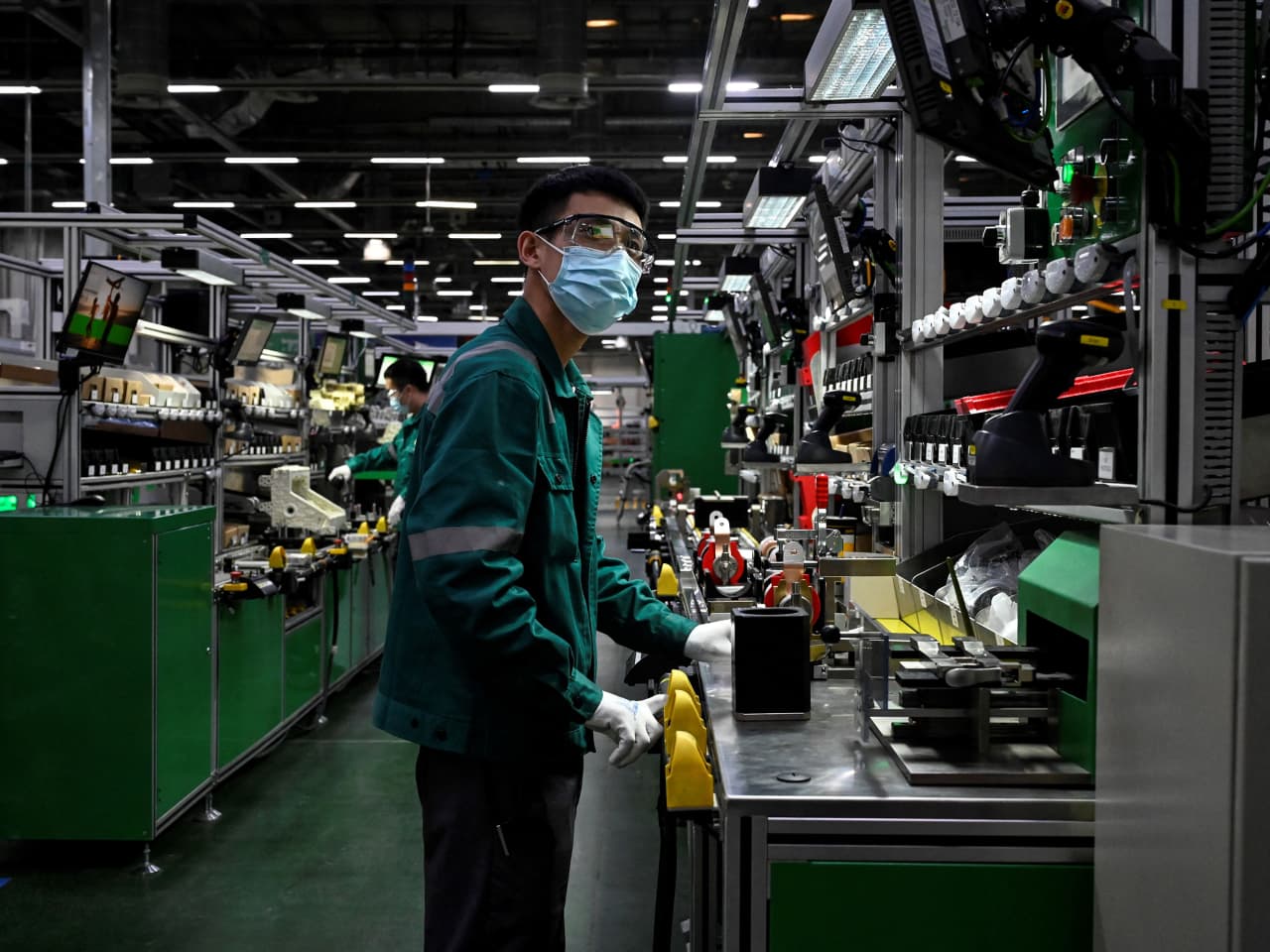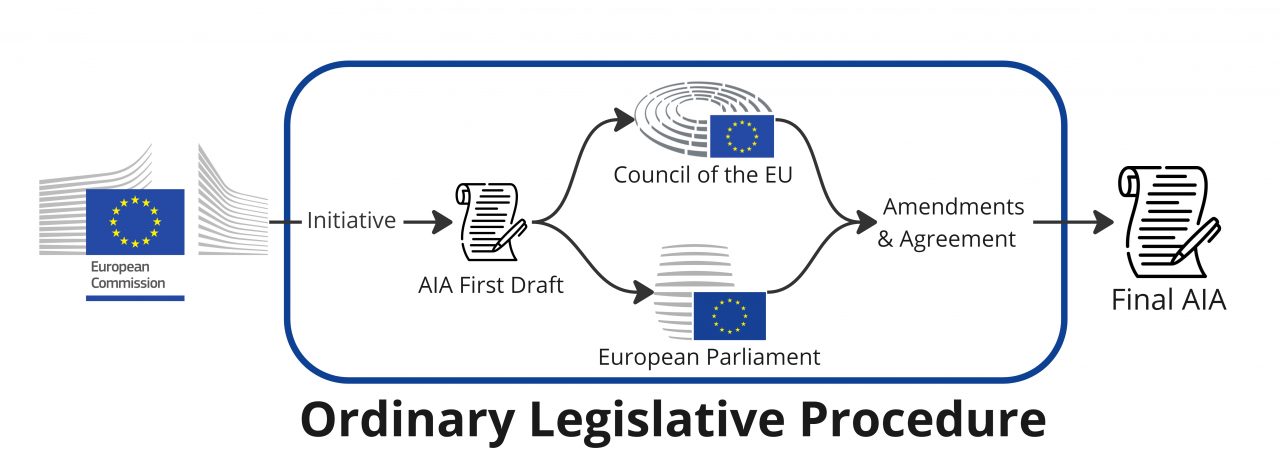China's Auto Industry: A Look At The Future Of Electric Vehicles

Table of Contents
Government Policies and Incentives Driving EV Adoption in China
The meteoric rise of China's EV sector is significantly fueled by proactive government policies and substantial incentives. These measures aim to boost domestic EV production, encourage consumer adoption, and reduce reliance on fossil fuels. The Chinese government has implemented a multifaceted approach, including:
- New Energy Vehicle (NEV) credits: Manufacturers are rewarded for producing NEVs and penalized for failing to meet specific quotas. This policy effectively incentivizes the production of electric and hybrid vehicles.
- Purchase subsidies: Direct financial incentives are offered to consumers who purchase NEVs, reducing the upfront cost and making EVs more accessible to a wider range of buyers.
- Tax breaks and preferential treatment: EV owners benefit from reduced taxes, exemptions from license plate restrictions in congested cities, and preferential access to charging infrastructure.
Impact of these policies: These incentives have demonstrably increased EV sales, making China the world's largest EV market.
Challenges: Implementing these policies effectively requires careful management. Challenges include ensuring fair competition, preventing fraud, and adapting policies to technological advancements.
Future policy predictions: Future policies are likely to focus on further technological advancements, infrastructure development, and the integration of EVs into a broader smart transportation system.
Key Players in China's EV Market: Domestic and International Brands
China's EV market is a vibrant battleground, featuring both dynamic domestic players and established international automakers. Let's look at some of the key players:
Domestic Brands:
- BYD: A leading global player, BYD combines EV production with battery technology, giving them a significant competitive advantage.
- NIO: Known for its premium EVs and battery-swapping technology, NIO targets a wealthier consumer segment.
- Xpeng: Focusing on advanced driver-assistance systems and intelligent features, Xpeng is a strong competitor in the rapidly evolving market.
International Brands:
- Tesla: Tesla's Gigafactory in Shanghai demonstrates the attractiveness of the Chinese market and its commitment to local production.
- Volkswagen: Volkswagen has invested heavily in its electric vehicle strategy in China, launching various EV models tailored to the local market.
Market share: The market share is constantly shifting, with domestic brands increasingly challenging international players.
Competitive advantages: Domestic brands often benefit from lower production costs and a deep understanding of the local market. International brands leverage established brand recognition and advanced technologies.
Innovative technologies: Chinese EV manufacturers are at the forefront of innovation, developing advanced battery technologies, autonomous driving features, and connected car services.
Technological Advancements and Infrastructure Development
Technological innovation is paramount to the success of China's EV industry. Significant advancements are being made in several key areas:
- Battery technology: Research and development efforts are focused on improving battery energy density, extending range, and reducing charging times. Solid-state batteries and fast-charging technologies are key areas of focus.
- Charging infrastructure: China is aggressively expanding its charging network, installing fast-charging stations across the country and promoting home charging solutions.
- Autonomous driving: Chinese companies are making strides in autonomous driving technology, with significant investment in AI and sensor technologies.
Overcoming challenges: Technological innovation is key to overcoming challenges such as range anxiety and long charging times, fostering wider adoption of EVs.
Challenges and Opportunities Facing China's EV Industry
Despite its rapid growth, China's EV industry faces several challenges and opportunities:
Challenges:
- Supply chain disruptions: The global nature of EV supply chains makes them vulnerable to disruptions, particularly regarding battery materials and semiconductor chips.
- Competition: The market is intensely competitive, with both domestic and international brands vying for market share.
- Consumer acceptance: While EV adoption is growing, some consumers remain hesitant due to factors such as range anxiety and charging infrastructure limitations.
Opportunities:
- Export markets: China's EV manufacturers are increasingly targeting export markets, capitalizing on their competitive pricing and technological capabilities.
- Technological leadership: Continued investment in research and development could solidify China's position as a global leader in EV technology.
Conclusion: The Future of China's Electric Vehicle Industry: A Global Leader?
China's electric vehicle industry is poised for continued growth, driven by supportive government policies, technological advancements, and intense competition. The interplay of domestic and international players, coupled with rapid technological progress, shapes a dynamic and rapidly evolving landscape. The country's potential to become a global leader in EV technology and production is undeniable. To stay informed about the exciting developments in China's electric vehicle market and its global impact, follow key industry players, research government initiatives, and explore resources dedicated to the future of sustainable transportation. The future of China's electric vehicles is bright, and its impact on the global automotive industry will be profound.

Featured Posts
-
 Colgate Shares Fall As 200 Million Tariff Impact Hits Bottom Line
Apr 26, 2025
Colgate Shares Fall As 200 Million Tariff Impact Hits Bottom Line
Apr 26, 2025 -
 Office365 Executive Inboxes Targeted In Multi Million Dollar Hacking Scheme
Apr 26, 2025
Office365 Executive Inboxes Targeted In Multi Million Dollar Hacking Scheme
Apr 26, 2025 -
 Californias Economy Now Larger Than Japan S A New Global Powerhouse
Apr 26, 2025
Californias Economy Now Larger Than Japan S A New Global Powerhouse
Apr 26, 2025 -
 Analysis Trump Administrations Efforts To Shape European Ai Regulations
Apr 26, 2025
Analysis Trump Administrations Efforts To Shape European Ai Regulations
Apr 26, 2025 -
 Point72s Focused Emerging Market Fund Closes Traders Exit
Apr 26, 2025
Point72s Focused Emerging Market Fund Closes Traders Exit
Apr 26, 2025
Latest Posts
-
 Belinda Bencics Comeback Abu Dhabi Open Final
Apr 27, 2025
Belinda Bencics Comeback Abu Dhabi Open Final
Apr 27, 2025 -
 Motherhood And Triumph Bencic In The Abu Dhabi Final
Apr 27, 2025
Motherhood And Triumph Bencic In The Abu Dhabi Final
Apr 27, 2025 -
 Abu Dhabi Open Bencics Path To The Final
Apr 27, 2025
Abu Dhabi Open Bencics Path To The Final
Apr 27, 2025 -
 Bencic Returns To Wta Final In Abu Dhabi
Apr 27, 2025
Bencic Returns To Wta Final In Abu Dhabi
Apr 27, 2025 -
 Belinda Bencic Reaches Abu Dhabi Open Final After Daughters Birth
Apr 27, 2025
Belinda Bencic Reaches Abu Dhabi Open Final After Daughters Birth
Apr 27, 2025
